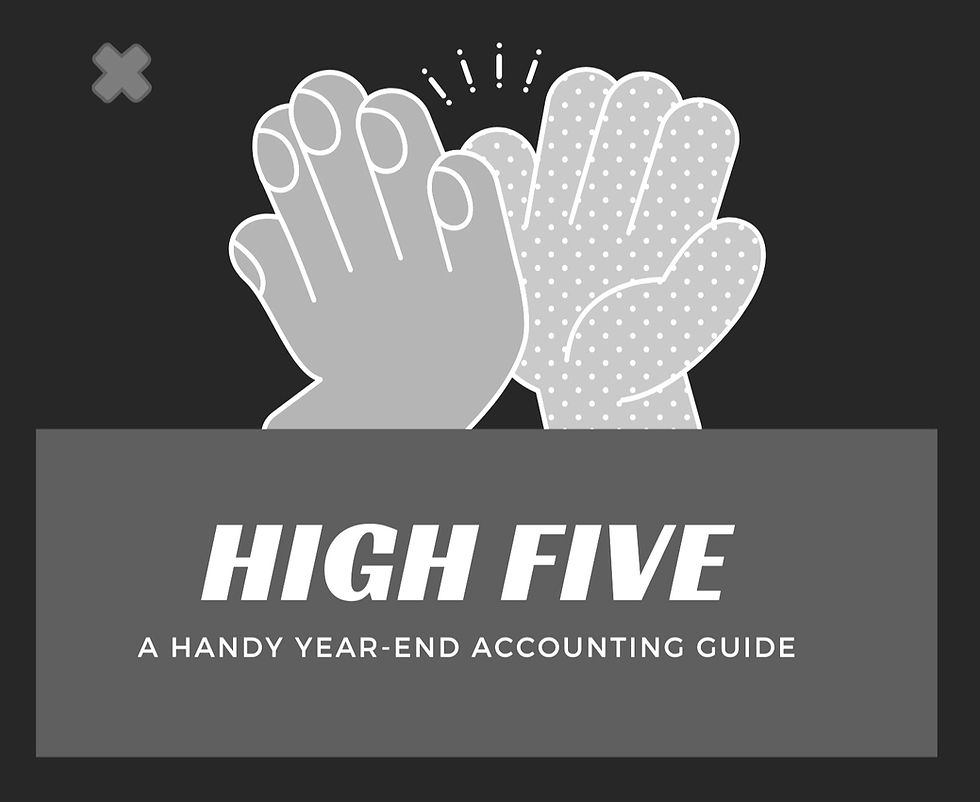Preparing For Year-End Audit
- kesmic

- Mar 25, 2022
- 2 min read

Is your end of year audit approaching? There's a lot to address, and without adequate preparation or guidance, it can become a complex and frustrating process. Thankfully, we've created a comprehensive checklist with key records your auditor will require to complete the audit. Set the stage for a more pleasant audit experience this year by following this straightforward guide in advance:
👉 The Manuals
Policies and procedures establish a framework for daily operations, ensuring adherence to laws and regulations, providing guidance for decision-making, and optimizing internal processes. Policy and procedure manuals play a crucial role, among other things, in informing auditors about the measures instituted to ensure that daily operations are carried out according to the provisions of specific laws or standards. Here are some manuals that your organisation, regardless of size or industry, should have and be share with your auditors:
Organization Manual
Departmental Practice Manual
Employee/Personnel Manual
Administrative Manual
👉 The Numbers
Auditors typically evaluate an organization's financial records and gather supporting documentation to validate the entries recorded in their journals. When these supporting documents are prepared in advance, they can significantly streamline the audit process, leading to a more efficient completion. Regardless of the industry, the following documents are essential for auditors:
General Ledger: A comprehensive record of all financial transactions.
Trial Balance: A statement that summarizes the balances of all accounts.
Payroll Report: Detailed records of employee compensation and related expenses.
Bank Account Information: A complete list of all bank accounts along with their respective statements.
Transaction Evidence: Documentation such as invoices, bills, and receipts for all financial transactions.
Legal Documents: Copies of pertinent legal documents, including the certificate of incorporation, licenses, supplier contracts, employee contracts, loan agreements, and lease agreements.
Schedules: Various schedules, including asset registers, prepayments, accruals, and reconciliations of the general ledger.
Confirmations: Verification from banks, customers, suppliers, and lenders.
Stock Count Report: A report detailing inventory counts, conducted in the presence of the auditor on the final day of the accounting year.
Ensuring that these documents are readily available can enhance the efficiency and effectiveness of the audit process.
👉 Conclusion
From your auditor's viewpoint, the key principle is EVIDENCE. Therefore, make sure you have documentation for any actions taken by or on behalf of your organisation that, in any manner, affected your financials.
💡 An ounce of prevention is worth a pound of cure - Always gather evidence, and document your processes.

